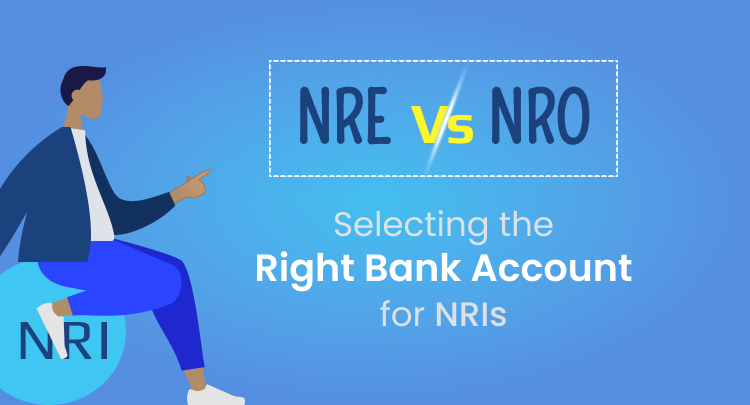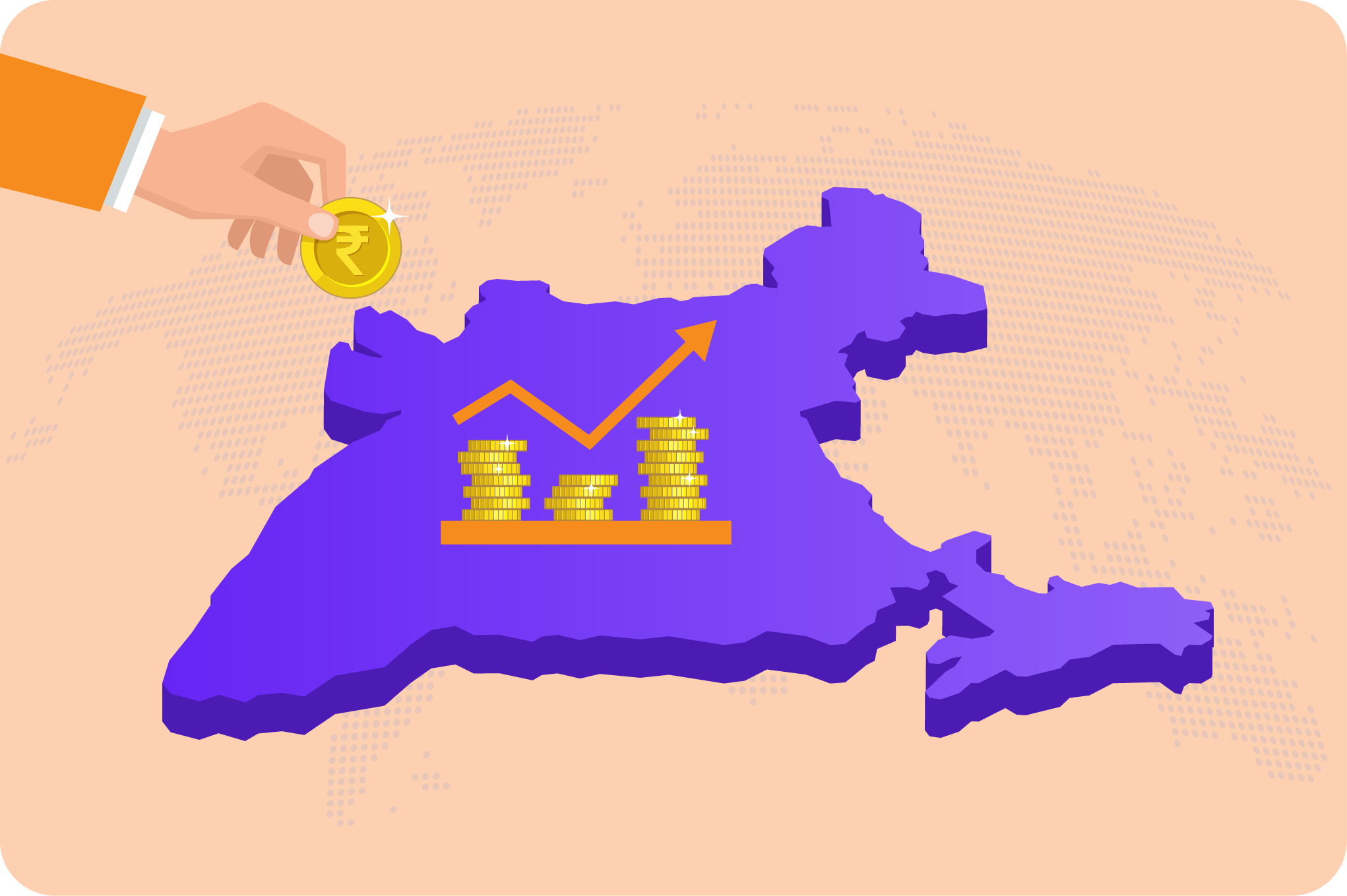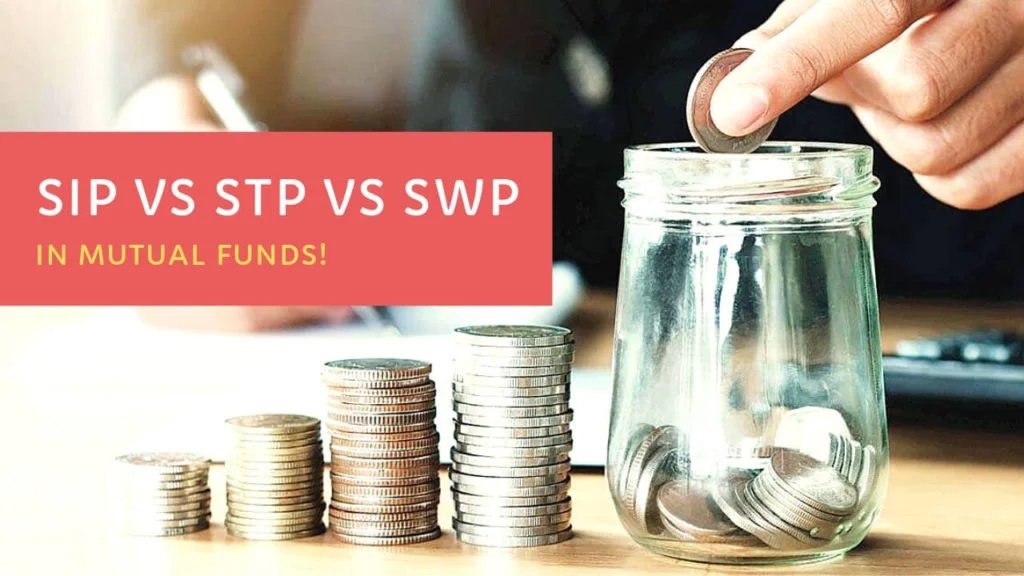Investing in Yourself: Why Personal Finance is Important
Responsible management of your finances is important. This ensures that you secure your future and meet your financial goals. These goals form the basis of personal finance. It includes many strategies. They aim to control savings, investments, income, and spending.
Personal finance is an art. It has many strategies and methods. They aim to control savings, investments, income, and spending well. Personal finance is about balancing your money to meet both your current needs and future dreams. This is typically done by making and sticking to a budget.
This involves setting aside funds for emergencies and retirement. It also means making smart investment choices.
Ultimately, as you go through life, finding financial security is key. Stability is hugely important. It helps you lead a financially secure life.
Importance of Personal Finance
1. Financial Goal-Setting
Setting clear financial goals is aided by personal finance. These could be temporary or permanent. The objectives could be to fund education, establish a business, buy a house, or save for retirement. Having specific goals helps you stay motivated and focused on managing your finances.
2. Expense management and budgeting
Among the core components of personal finance is budgeting. People can live within their means by tracking their income and expenses. Finding opportunities for savings is easier with an effective budget. It helps detect needless costs.
Many budgeting apps are available today, making it easier to manage your funds in the digital age. These apps often classify expenses automatically. They link with your credit cards and bank accounts. They offer insights into your spending patterns.
3. Debt Management
Responsible debt management is emphasised by personal finance. It involves understanding many types of debt. These include mortgages, student loans, and credit card debt. It also involves making good repayment plans for each type.
Paying bills on time is one part. Another is avoiding more debt. If possible, negotiate helpful conditions. These are all parts of good debt management.
4. Emergency Fund
An essential aspect of personal finance is saving funds for emergencies. This serves as a protective barrier against various unexpected expenses and situations such as bills related to health issues, vehicle maintenance or loss of employment.
5. Tax Planning
Tax planning is a key part of personal wealth management. It involves understanding tax rules and making plans. You can cut tax liabilities and raise after-tax income.
Investing at the right time can help you do this. You can also get tax deductions. Tax planning lets you maximise your resources. It's also a good way to make sure tax laws are followed.
Conclusion
Personal Finance is the process of making smart financial decisions. These decisions help you reach your goals and achieve stability. It involves making a personal budget to control earnings and spending. You can easily use budgeting apps to make it easier.
You can consult a professional for tailored advice. You can lay the groundwork for long-term financial success by understanding and using these core ideas. Recall that wise decision-making and proactive planning are essential to successful personal finance.






